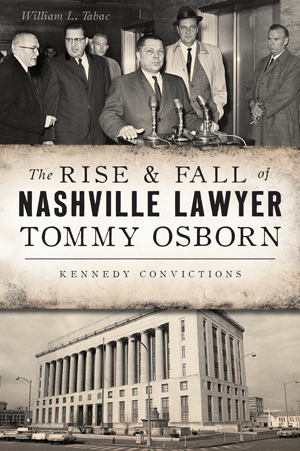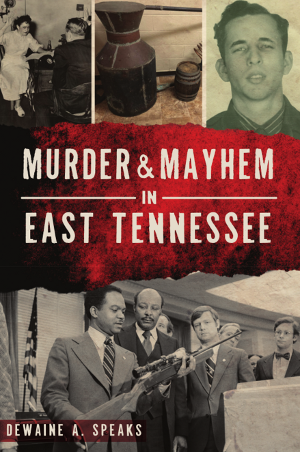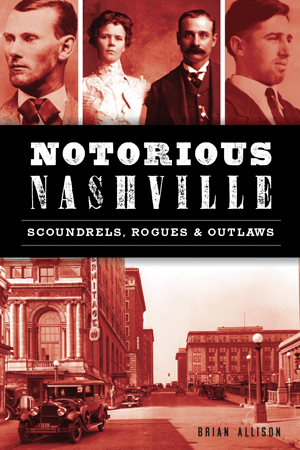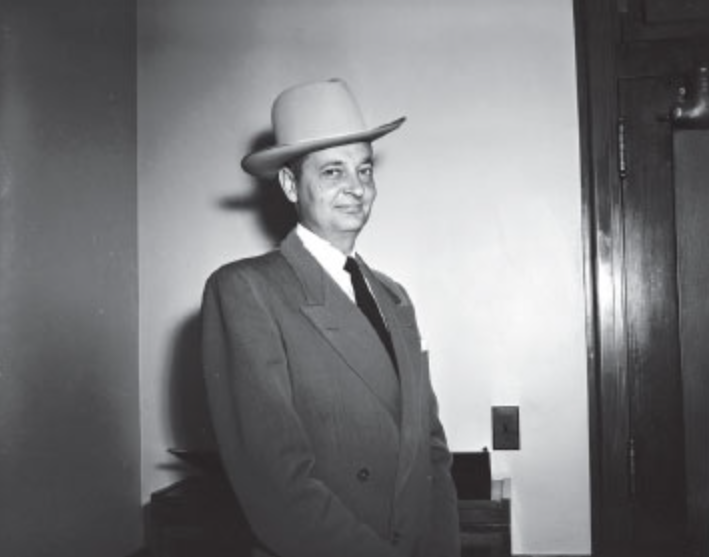
Anyone following this year’s election knows that the courts matter — and there may be no bigger example of this than Baker v. Carr, the 1961 case that Chief Justice Earl Warren hailed as the most important of his career.
The case revolutionized how Americans chose their representatives, and it all started in one surprising state: Tennessee.
Fixing Unfair Legislatures
In 1961, the legislative districts in Tennessee, like those in many states, had not been updated in decades despite the requirement in the state constitution that they be redrawn every ten years. The lack of updates meant that the state’s districts did not reflect its shifting population. Rural districts had fewer voters but more representatives, a combination that left those districts with more money and power.
Charles Baker, a Republican from the Memphis area, decided to try to change that. He sued the state, arguing that his urban district now contained as many as ten times as many voters as its rural counterparts. Baker’s case eventually reached the United States Supreme Court, where it was argued by two three brilliant lawyers: Charles Rhyne, Archibald Cox, and Tommy Osborn.
Their Day In Court
On April 19, Rhyne opened the argument for the plaintiffs, and the judges hit him with a barrage of questions. He strove to press his theme that the Tennessee representation scheme was irrational and that the court should fix it.
Rhyne relied in part on a massive data set that Osborn had helped prepare, data that showed the gaps in school and highway funding between urban and rural districts.
The Tennessee state attorney countered by reminding the court of its Colegrove decision and the chaos that would erupt in state politics if the courts intervened in them.
Related: The Governor Who Pardoned His Murderous Son
A Kennedy Man
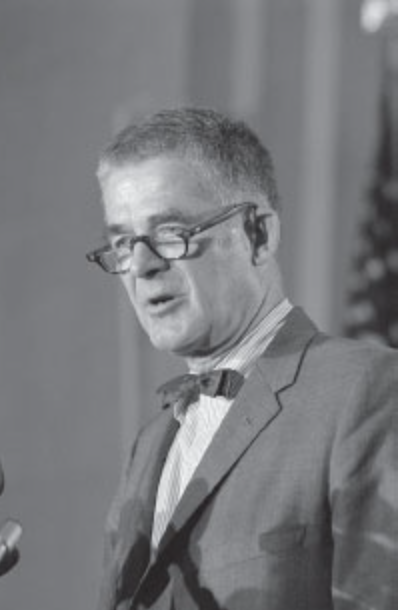
Before long it was time for Archibald Cox, whom John F. Kennedy had recently appointed as solicitor general, to offer his support in the case.
Cox would later admit that he had butterflies in his stomach — he hadn’t slept well the night before his turn to argue. Once he reached the podium, adorned in his bright tuxedo and tails, the spectacular armor that solicitor generals of the United States don when they do battle in the court, he was prepared to amplify Rhyne’s arguments in a steady, low-key fashion.
The Tennessee legislative districts were irrational, Cox argued, because it divided Tennesseans into first- and second-class citizens without being able to justify why it did. That gave the courts jurisdiction to intervene under the Fourteenth Amendment, which prohibited any irrational discrimination between citizens that affected their fundamental rights.
Closing Arguments
The arguments, it seemed, had gone on forever, but not long enough. The divided justices sent the lawyers home and invited them to return that fall to reargue the case, which they did on October 9. The final lawyer to speak was Tommy Osborn, and the tall and authoritative Tennessee local argued with Justice Felix Frankfurter for forty spirited minutes.
“I suppose,” the justice said, “that if we order that your legislature reapportion itself and they go from, say, a split of two thirds to one third, to three fifths, to two fifths, you’ll come back here and argue that still isn’t fair, won’t you?”
Osborn smiled. “Well, yes, if I’m reemployed.”
That crack left the entire courtroom laughing, even the justices. “I’m sure you will be reemployed, Mr. Osborn,” Frankfurter said.
On March 26, 1962, two justices dissented, including Frankfurter. But the majority held that federal courts did have the power under the Fourteenth Amendment to evaluate lopsided districts and to require those districts to become more representative and more fair under the principle of each person’s vote counting equally.
The broader impact of Baker v. Carr would arrive within a few short years. Before long, from the most obscure legislative body through the United States Senate, the rule throughout America would be the Baker mantra: “one man, one vote.”
But the famous case wasn’t won by one man but rather a team of them, starting with Rhyne, Cox, and Osborn.
Want to read more about the Tommy Osborn? Check out The Rise & Fall of Nashville Lawyer Tommy Osborn: Kennedy Convictions and other similar titles at arcadiapublishing.com!


